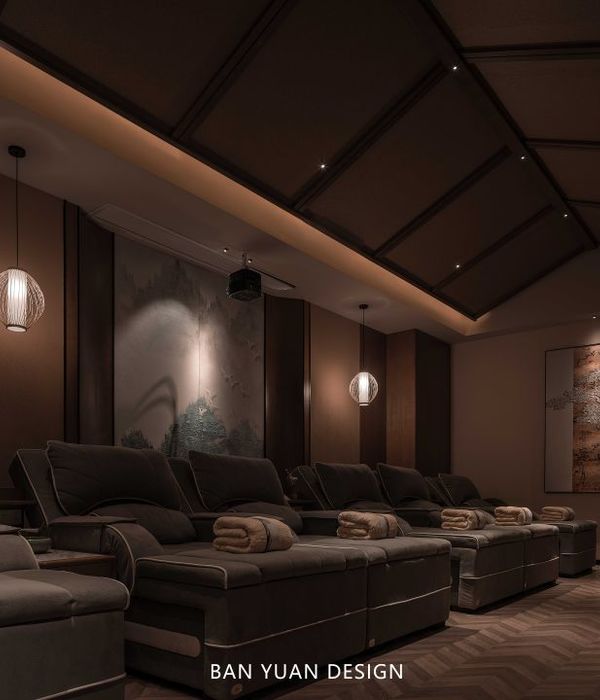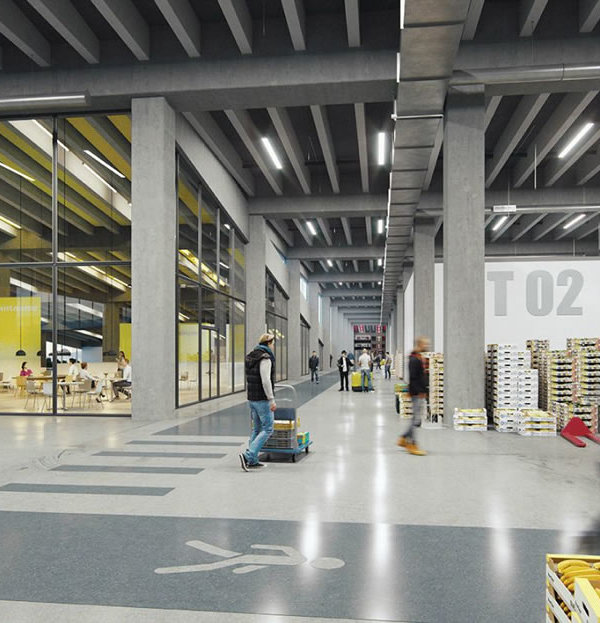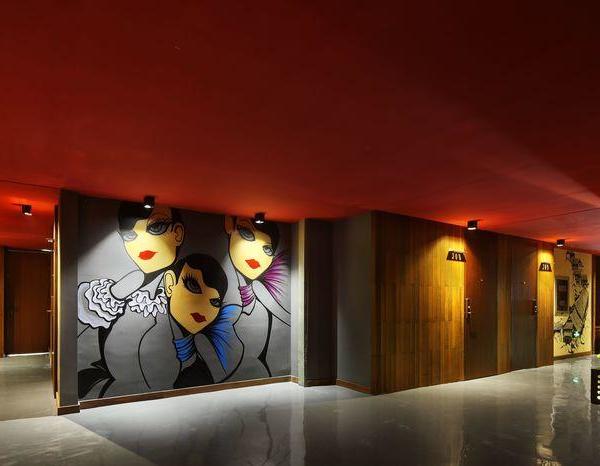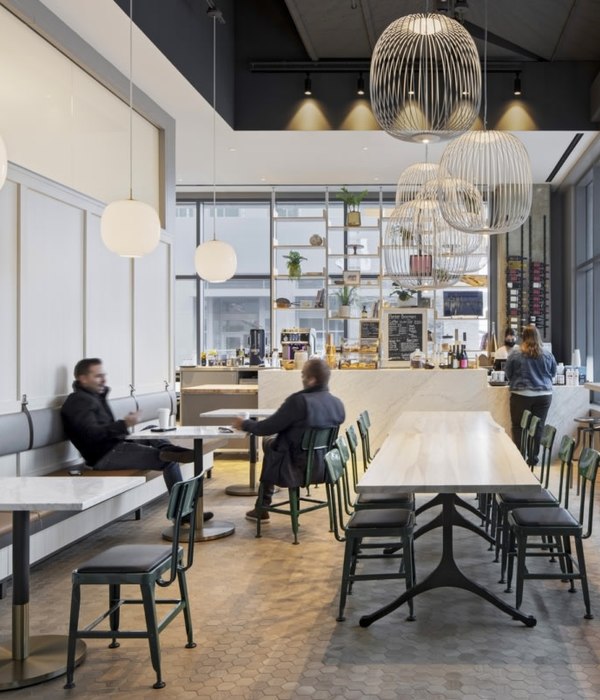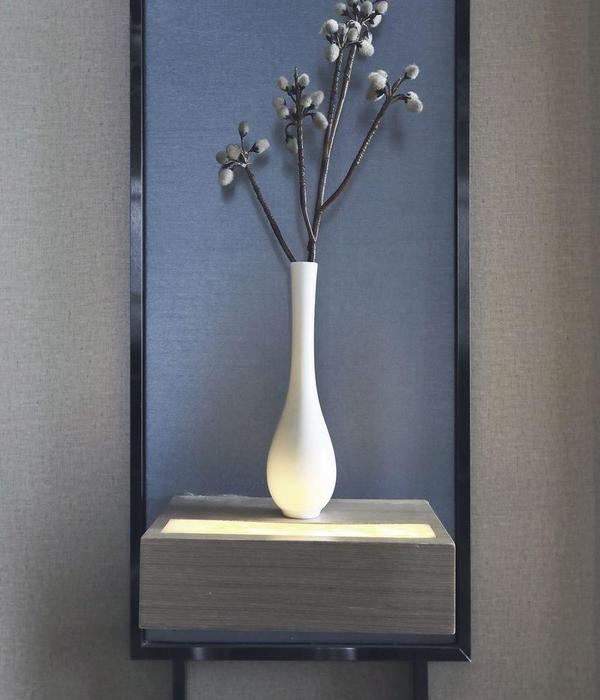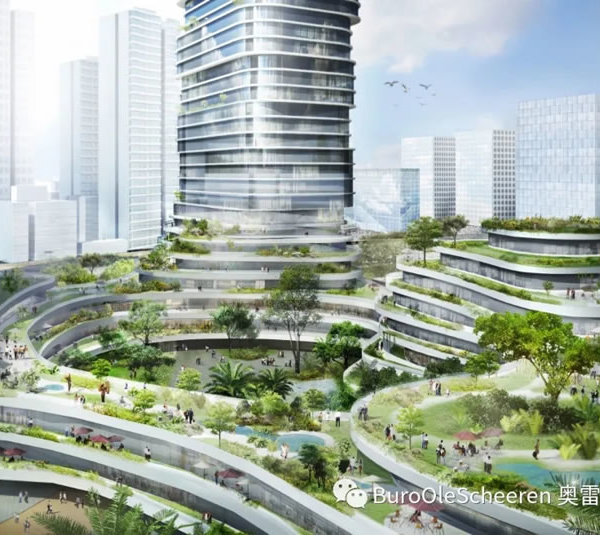© Tomaz Gregoric
托马兹·格雷戈里
架构师提供的文本描述。这座建筑位于卢布尔雅那的商业中心。从20世纪60年代起,它在城市的北面入口处与现存的塔楼一起建造了一扇大门。该数量是预先确定的严格的城市规则和竞争,从2007年开始。最大高度限制为82m。
Text description provided by the architects. The building is located in the business center of Ljubljana. It creates a gate together with the existing tower from the 1960s in the northern entrance to the city. The volume was pre-determined by strict urban rules and competition from 2007. The maximum height limit is at 82m.
Text description provided by the architects. The building is located in the business center of Ljubljana. It creates a gate together with the existing tower from the 1960s in the northern entrance to the city. The volume was pre-determined by strict urban rules and competition from 2007. The maximum height limit is at 82m.
© Will Pryce
c.威尔·普莱斯
Floor Plans
平面图
© Will Pryce
c.威尔·普莱斯
该概念将集合定义为平台的清晰组装,以便将给定的集合分解到城市景观中。其结果是在固定的城市体积范围内形成了一个平台塔-不断发展的水平转换板.不透明的铝水平元素与透明玻璃板形成对比,减少了建筑在城市环境中的存在。
The concept defines the massing as the clear assembling of platforms in order to dissolve the given massing into the urban landscape. The result is a Platform Tower- growing horizontal changing slabs following the fixed urban volume. The opaque aluminum horizontal elements contrast with the transparent glass panels, diminishing the presence of the building in the urban context.
The concept defines the massing as the clear assembling of platforms in order to dissolve the given massing into the urban landscape. The result is a Platform Tower- growing horizontal changing slabs following the fixed urban volume. The opaque aluminum horizontal elements contrast with the transparent glass panels, diminishing the presence of the building in the urban context.
© Will Pryce
c.威尔·普莱斯
其目的是将建筑与现有的城市环境结合起来,创造一个城市景观。它与其说是一个鲜明的对比元素,不如说是对现有塔楼的聚合。玻璃区域是“阴影”与像素的斯洛文尼亚主题图案,以抽象窗帘的形式。
The aim is to incorporate the building to the existing urban context creating a cityscape. It is more an aggregation to the existing towers than an element that stands out as a contrast. Glazed areas are “shaded” with pixelated Slovene motif patterns in the form of an abstract curtain.
The aim is to incorporate the building to the existing urban context creating a cityscape. It is more an aggregation to the existing towers than an element that stands out as a contrast. Glazed areas are “shaded” with pixelated Slovene motif patterns in the form of an abstract curtain.
© Will Pryce
c.威尔·普莱斯
© Will Pryce
c.威尔·普莱斯
该项目包括185个酒店客房、一楼设有咖啡厅的大堂、带有游泳池的SPA设施和屋顶上的一家餐厅。餐厅还有一个屋顶露台,可以俯瞰整个城市。BOH的大部分节目都是在地下进行的。
The program consists of 185 hotel rooms, lobby with a café in Ground Floor, SPA facility with a pool and a Restaurant on the roof. The restaurant also has a rooftop terrace with nice views overlooking the city. Most of the BOH program is located underground.
The program consists of 185 hotel rooms, lobby with a café in Ground Floor, SPA facility with a pool and a Restaurant on the roof. The restaurant also has a rooftop terrace with nice views overlooking the city. Most of the BOH program is located underground.
© Tomaz Gregoric
托马兹·格雷戈里
Architects OFIS Architects
Location Ljubljana, Slovenia
Project Team Rok Oman, Spela Videcnik, Andrej Gregoric, Janez Martincic, Tomaz Cirkvencic, Alexandra Volkov, Aliaksandra Dalmateva, Alvaro Ramos, Anastasia Barasheva, Chiara Girolami, Joanna Basek, Lucas Blasco Sendon, Marta Kulawik, Nicola Delre, Perrine Chabance, Sam Eadington, Zhonghui Zhu, Viktoria Dimitrova, Filomena Zegarelli, Mariangela Fabbri, Arancha García-Quijada García, Andrea Capretti, Grzegorz Ostrowski
Area 23415.0 m2
Project Year 2018
Photographs Tomaz Gregoric, Will Pryce
Category Hotels
Manufacturers Loading...
{{item.text_origin}}

